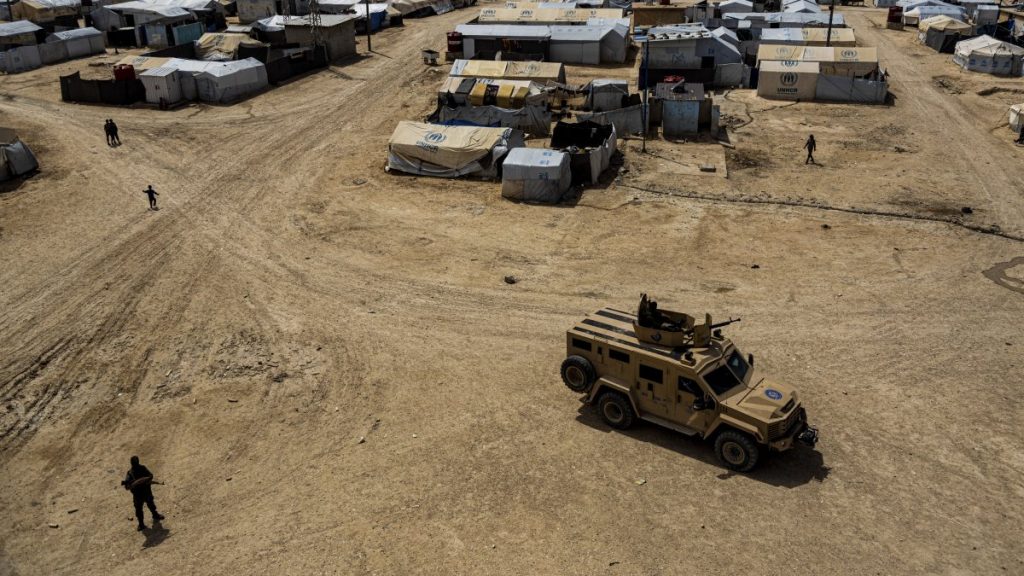France remains silent on the presence of its citizens detained in Syria for alleged links to the Daesh terrorist group.
France’s top foreign intelligence official, Nicolas Lerner, who heads the General Directorate of External Security (DGSE), told Le Monde that France remains committed to targeting Daesh operatives as part of the international coalition’s efforts.
“The fall of the Assad regime raises three sets of questions in terms of terrorism,” Lerner said.
He identified three primary concerns. First, the presence of over 100 French nationals currently at large in northwest Syria, many of whom are subjects of ongoing judicial cases. Second, the status of French adults and minors detained by the PKK terrorist group’s Syrian wing YPG in northeastern Syria, namely the al-Hol internment camp, and lastly, he raised concerns about the approach of Syria’s new authorities toward terrorist groups, particularly Daesh.
“The new regime has taken rather encouraging stances on this issue,” Lerner said, emphasizing the importance of remaining vigilant and holding the Syrian government accountable.
Lerner offered no details regarding the potential repatriation of French nationals despite mounting pressure to address their legal status.
However, he noted a general decline in the capabilities of groups such as Daesh and al-Qaida, which he described as “less powerful, less organized and less able to project threats.”
France’s policy on the matter has drawn international criticism. Türkiye’s Foreign Minister Hakan Fidan recently accused Paris of avoiding repatriating detained nationals, urging France to prosecute them domestically to address security concerns.
France has yet to respond to these comments or clarify its stance on repatriation.
Al-Hol is the largest internment camp in northeastern Syria, with more than 43,000 detainees from 47 countries, many of them family members of Daesh members.
The YPG has long urged foreign governments with nationals in the camps to repatriate their citizens, but Western governments have responded slowly for fear of domestic backlash.
Amnesty International last year said some 94% of residents at al-Hol and al-Roj were women and children, noting, “No one in these camps has been charged or given the opportunity to challenge their detention before an independent judicial authority.”
The camps and prisons likely hold thousands of human trafficking victims, including women and girls forcibly married to Daesh members, it said.
The PKK has fought the Turkish state for over four decades to establish a so-called Kurdish state in the country’s southeast, as well as north of Syria and Iraq.
The YPG has grown stronger in the region, particularly in Deir el-Zour province, home to Syria’s largest oil wells, thanks to material support from the United States. The issue also strains Turkish-U.S. ties.


